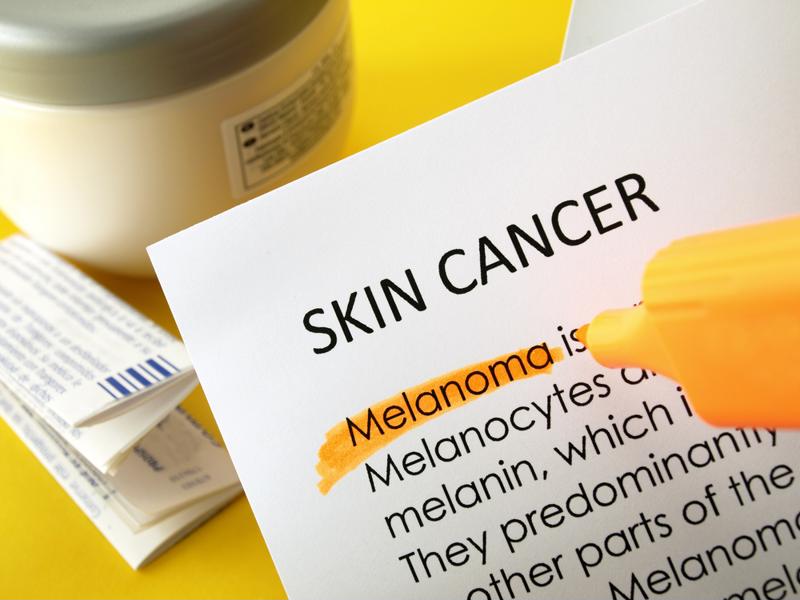
Their health should be at the top of their minds regarding seniors’ well-being. Family members are strongly responsible for ensuring their loved ones are cared for on a personal, physical, and emotional level at all times. It’s common for people to help loved ones remember doctor’s appointments and provide transportation, but do they know the necessary procedures and screenings seniors need regularly? We’re here to help:
Skin Checks
According to the Skin Cancer Foundation, between 40 and 50 percent of seniors 65 years or older will have either basal cell carcinoma – which is the most common form of skin cancer – or squamous cell carcinoma at least once. That’s an astounding figure; one family member will want to keep their loved ones out of it. Seniors need to undergo frequent skin checks, whether self-examinations or ones completed by a dermatologist. The American Cancer Society suggested the former be performed every month, the easiest time after a shower or bath. Early detection is critical and can prevent issues from getting out of hand.
Find Senior Living Near Me

Bone Density Scans
Falls are a terrifying occurrence for seniors and their loved ones, mainly if any damage is caused. It’s common for aging family members to enter a hospital for broken bones and leave the facility with an osteoporosis diagnosis they weren’t expecting. After these incidents, bone density screenings will become a regular requirement. However, seniors shouldn’t wait until a broken bone causes the need for this screening. The National Osteoporosis Foundation recommended hip and spine scans to diagnose this condition and help loved ones better understand the health of their bones.
Eye Examinations
Vision issues can cause many problems for seniors, so it’s critical for family members to note any comments or observances that may point to declining sight. The American Optometric Association recommends annual eye exams for people 61 years and older. More frequent tests may be needed if seniors are experiencing conditions such as macular degeneration, cataracts, or glaucoma.
Blood Pressure Screenings
As loved ones grow older, their risk for high blood pressure, or hypertension, increases. The risks associated with this condition are many, including heart disease, stroke, heart attacks, and hardening of the arteries. It’s important for seniors to be mindful of the possibility of experiencing hypertension, as it can often be discovered without people exhibiting any symptoms. Loved ones can check their blood pressure themselves, but they should also have a medical professional screen for it at least once yearly.
“People over 50 should get a colonoscopy every ten years.”
Colorectal Cancer Evaluations
Colorectal cancer is the third most common cancer in both men and women, according to The American Cancer Society. Since this condition poses a considerable risk, seniors must know early warning signs. Some indicators of this disease include cramping and abdominal pain, changes in bowel habits, and blood in the stool. Healthline says people over 50 should get a colonoscopy every ten years. The frequency of the need for examination increases if polyps are ever discovered or family members have a history of colorectal cancer.
Mammograms
Since age is a risk factor for the disease, seniors need to be cognizant of any lumps they discover when completing regular breast exams. In addition, women and men need to undergo clinical breast examinations and mammograms. The former will usually be completed during a routine medical evaluation, while the latter is a procedure loved ones will need to schedule on a basis devised by their doctor. For women 55 and older, the American Cancer Society recommends a mammogram every two years.
Your loved one’s health is of the utmost importance. While you may think you’re taking all the necessary steps to keep family members healthy and strong, you may be missing some signs. Be sure to talk to senior healthcare providers about the screenings above, evaluations, and examinations. Completing these responsibilities regularly can increase the rate of early detection and avoid last-minute diagnoses.




